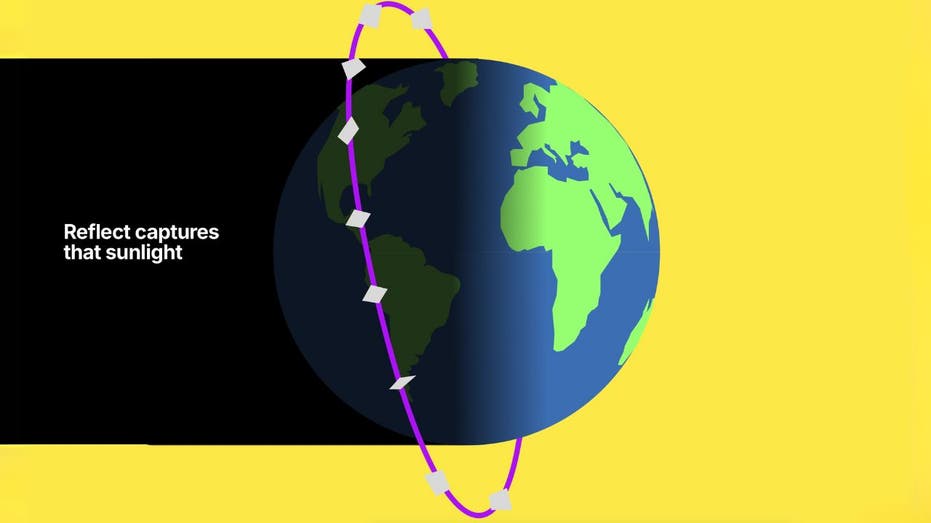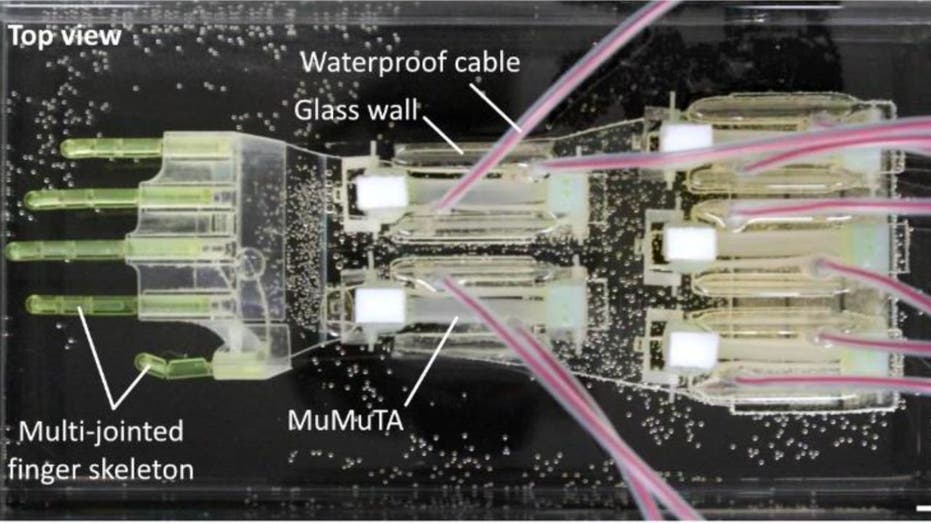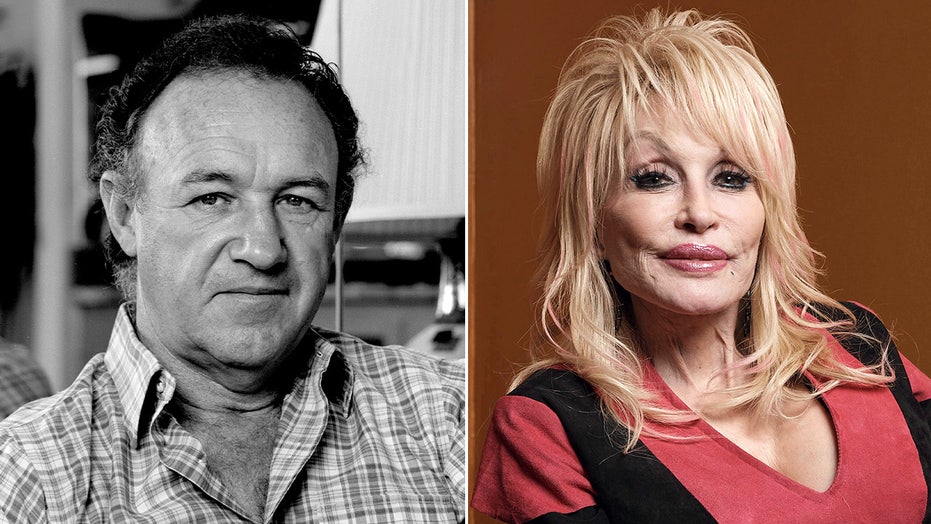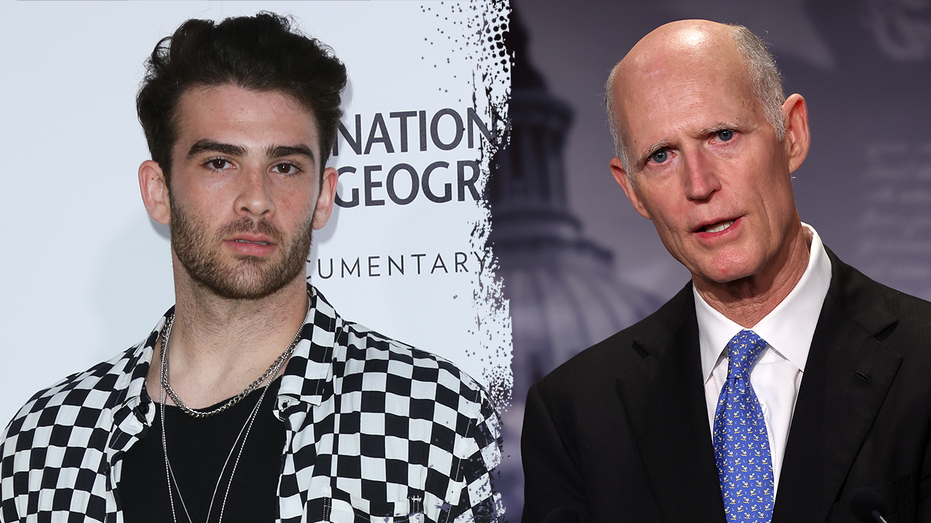- by foxnews
- 05 Mar 2025
‘Virtual reality is genuine reality’ so embrace it, says US philosopher
‘Virtual reality is genuine reality’ so embrace it, says US philosopher
- by theguardian
- 18 Jan 2022
- in technology
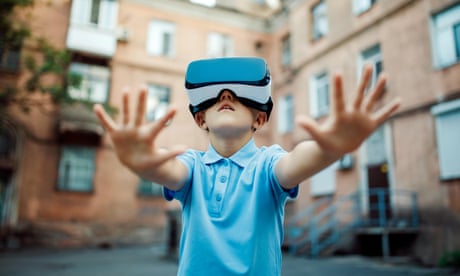
It is hard to imagine humans spending their lives in virtual reality when the experience amounts to waving your arms about in the middle of the lounge with a device the size of a house brick strapped to your face.
But this is where humanity is heading, says the philosopher David Chalmers, who argues for embracing the fate. Advances in technology will deliver virtual worlds that rival and then surpass the physical realm. And with limitless, convincing experiences on tap, the material world may lose its allure, he says.
Chalmers, a professor of philosophy and neural science at New York University, makes the case to embrace VR in his new book, Reality+. Renowned for articulating "the hard problem" of consciousness - which inspired Tom Stoppard's play of the same name - Chalmers sees technology reaching the point where virtual and physical are sensorily the same and people live good lives in VR.
"A common way of thinking about virtual realities is that they're somehow fake realities, that what you perceive in VR isn't real. I think that's wrong," he told the Guardian. "The virtual worlds we're interacting with can be as real as our ordinary physical world. Virtual reality is genuine reality."
All of which leads to virtual reality. In the decades ahead, Chalmers suspects we will ditch the clunky headsets for brain-computer interfaces, or BCIs, that allow us to experience virtual worlds with our full suite of senses. With advances in computing - in the next century, perhaps - those worlds would seem as real as the physical world around us.
On the point of philosophy, Chalmers argues that even today's virtual worlds are "real". A conversation in VR is a real conversation, he says. The objects in the virtual worlds are real too, he asserts, just made of bits instead of quarks and electrons. As virtual worlds become rich and convincing we will build virtual societies, take on virtual jobs, and have motivations, desires and goals that play out in those environments. "Most of the factors that make life meaningful are going to be there in virtual worlds," he says. "There's no good reason to think that life in VR will be meaningless or valueless."
But where does this leave the physical world? "In the short term we're pretty clearly going to be based in physical reality and I certainly wouldn't recommend abandoning it," Chalmers says. "But in the longer term, it's possible to imagine people spending most of their lives inside virtual reality." The pursuit of the physical may come to seem a novelty or a fetish, he adds.
There are plenty of pitfalls to be wary of, he notes. As fulfilling as virtual worlds may become, people will need real food, drink and exercise, and perhaps even the odd glimpse of daylight, to keep their bodies from withering away. The risks may be trivial for decades yet, Chalmers says, but a gradual trend towards virtual living could eventually raise new health issues.
Writing in the book, he describes numerous draws that will pull people in to VR. These are worlds in which people can enjoy superhuman powers, possess other bodies, experience new sensations and explore environments with different laws of physics. With almost unlimited space, everyone can have a virtual mansion, or even a virtual planet. And if the physical world becomes dangerously degraded - by environmental collapse, nuclear war or an interminable pandemic - VR could offer a safe haven, he says.
But the lure of VR might cause neglect on a global scale, Chalmers concedes. Would climate change and other crises facing the physical world lose their urgency? That would be a disaster, he says: "Physical reality is really important. We've got to keep a grounding in it and treat it well."
These are not the only concerns. Virtual worlds are owned by corporations that want a return on their investment. In October, Facebook rebranded as Meta, reflecting its ambition to dominate the "metaverse", the virtual world it wants people to work and play in. Frances Haugen, the Facebook whistleblower, has raised serious concerns about more intrusive surveillance and data gathering in the metaverse. There is also the risk of psychological damage, she argues: if we are better looking and have better clothes and a nicer home in the metaverse, how will we feel when we leave?
"If virtual worlds are controlled by corporations, as they seem to be right now, will that lead to potentially dystopian realities where the corporations are controlling everything in our environments? I think there are obvious reasons to worry about that," Chalmers says.
It is unlikely everyone will turn to VR, and some people, Chalmers says, will still value sheer physicality.
"There may be a sense of authenticity in interacting in our original biological form. But it's hard to see why sheer physicality should make the difference between a meaningful life and a meaningless life," he writes. "In the long term, virtual worlds may have most of what is good about the nonvirtual world. Given all the ways in which virtual worlds may surpass the nonvirtual world, life in virtual worlds will often be the right life to choose."
- by foxnews
- descember 09, 2016
Popular travel destination breaks annual tourism record, sets new goal of 60M visitors
After breaking an annual tourism record in 2024, Japan looks to reach 60 million visitors by 2030. Officials tell Fox News Digital how Japan plans to attract visitors.
read more